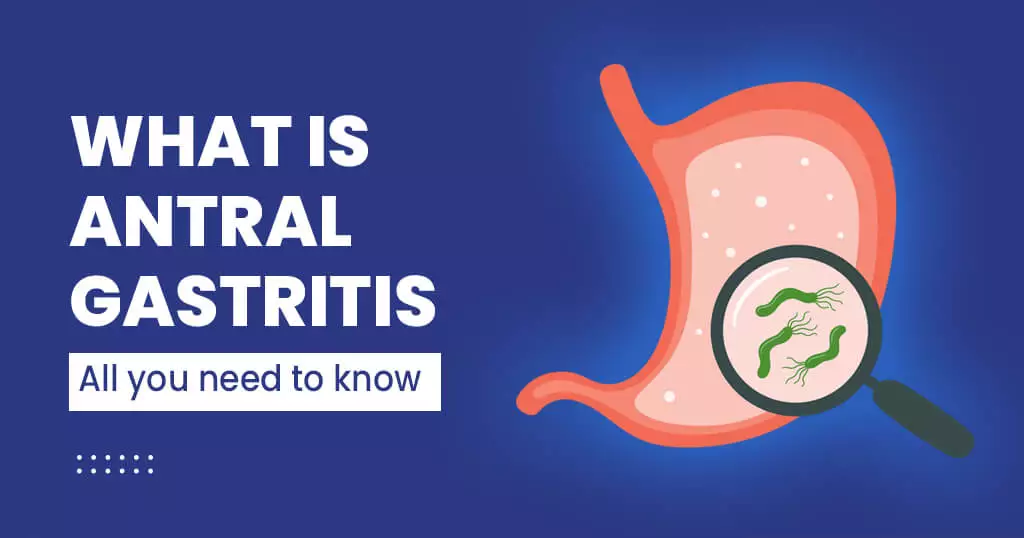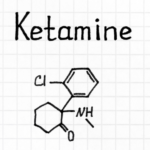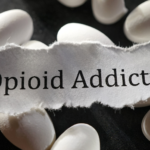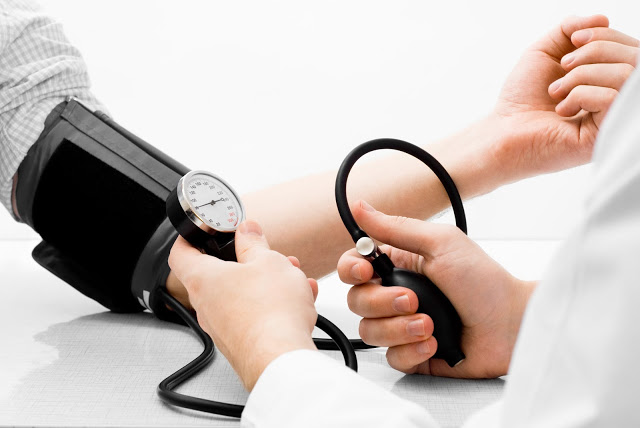Introduction
Antral gastritis is a common gastrointestinal condition characterized by inflammation in the antrum, a region of the stomach. This condition can cause mild to severe discomfort symptoms, and it is often linked to various risk factors. Understanding these risk factors is cricial for early detection, prevention, and appropriate management. Let us explore the risk factors associated with antral gastritis and provide guidance on when to seek medical attention for this condition.

Content
Risk Factors for Antral Gastritis
Several factors can increase an individual’s susceptibility to antral gastritis. It is important to be aware of these risk factors to better understand your own risk and take appropriate steps for prevention, early intervention and effective antral gastritis treatment. Here are the a few primary risk factors associated with antral gastritis:
Helicobacter pylori (H. pylori) Infection
H. pylori is a type of bacteria that can colonize the stomach lining and trigger chronic inflammation, leading to gastritis. It is one of the most common risk factors for antral gastritis.
Infection with H. pylori is often acquired during childhood through person-to-person transmission, contaminated food or water, or poor sanitation practices.
Frequent Use of Nonsteroidal Anti-Inflammatory Drugs (NSAIDs)
The chronic use of NSAIDs, such as aspirin, ibuprofen, and naproxen, is a known risk factor for gastritis. These medications can irritate the stomach lining, leading to inflammation.
People who require long-term NSAID therapy for chronic pain conditions or other medical reasons are at a higher risk.
Autoimmune Disorders
Certain autoimmune disorders, such as autoimmune gastritis, can cause inflammation and damage to the stomach lining, including the antrum.
In autoimmune gastritis, the immune system mistakenly attacks the stomach lining, impairing its ability to produce digestive enzymes and increasing the risk of gastritis.
Alcohol Consumption
Excessive alcohol intake can irritate the stomach lining, leading to gastritis. Chronic alcohol use is a well-known risk factor for both acute and chronic gastritis.
Heavy drinkers are more susceptible to gastritis-related complications.
Smoking
Smoking tobacco can weaken the stomach’s protective mechanisms and increase the risk of gastritis. It can also worsen existing gastritis symptoms. Long-term smokers have a higher likelihood of developing gastritis.
Stress
Chronic stress can weaken the body’s immune defenses and make the stomach more vulnerable to inflammation. While stress alone may not cause gastritis, it can exacerbate the condition in those already at risk.
Dietary Habits
Consuming a diet rich in spicy, highly acidic, or greasy foods can irritate the stomach lining and increase the risk of gastritis.
Processed foods with additives and preservatives may also contribute to gastritis development.
Age and Gender
Gastritis can affect individuals of all ages, but older adults are more prone to chronic gastritis due to a gradual weakening of stomach defenses.
Some studies suggest that females may have a slightly higher risk of developing gastritis compared to males.
Medical Conditions
Certain underlying medical conditions, such as Crohn’s disease, chronic kidney disease, or HIV/AIDS, can increase the risk of gastritis.
Individuals with a history of previous gastrointestinal surgeries or conditions like gastroesophageal reflux disease (GERD) may also be at higher risk.
When to See a Doctor for Antral Gastritis
While antral gastritis can manifest with various symptoms, it’s essential to recognize when these symptoms warrant medical attention. Early diagnosis and intervention can prevent complications and improve the prognosis. Here are situations in which you should consider seeking medical advice for antral gastritis:
Persistent or Severe Symptoms
If you experience moderate or severe symptoms associated with antral gastritis, such as persistent abdominal pain, vomiting, or unintended weight loss, it’s crucial to consult a healthcare provider. These symptoms may indicate more severe gastritis or complications like gastric ulcers.
Signs of Gastrointestinal Bleeding
Symptoms such as black, tarry stools (melena) or vomiting blood (hematemesis) are indications of gastrointestinal bleeding, which can occur in severe cases of antral gastritis. Seek immediate medical attention if you experience any of these symptoms.
H. pylori Infection
If you suspect or are diagnosed with an H. pylori infection, follow your healthcare provider’s recommendations for treatment. Timely treatment can help eradicate the bacteria and prevent gastritis from progressing.
Medication-Induced Symptoms
If you are taking NSAIDs or other medications known to irritate the stomach lining and experience gastritis symptoms such as abdominal pain, nausea, or heartburn, consult your healthcare provider. They can assess whether alternative medications or protective measures are necessary.
Prior Gastric Conditions or Surgeries
If you have a history of gastric conditions or surgeries, it’s essential to be vigilant about any changes in your digestive health. Consult your doctor if you experience symptoms suggestive of gastritis, as these may indicate a recurrence or complications.
Persistent Stress and Lifestyle Factors
If you are under chronic stress or have risk factors for gastritis (e.g., smoking, alcohol use, poor dietary habits), consider discussing these factors with a healthcare provider. They can provide guidance on stress management and lifestyle modifications to reduce gastritis risk.
Regular Follow-Up
For individuals diagnosed with antral gastritis or other gastrointestinal conditions, regular follow-up appointments with a healthcare provider are essential. These visits allow for monitoring of symptoms, treatment effectiveness, and adjustments to the management plan as needed.
Treatment Methods for Antral Gastritis
Treatment for antral gastritis focuses on alleviating symptoms, addressing the underlying causes, and preventing complications. The cost of treatment in India can differ depending on factors like the severity of the condition, the choice of healthcare facility, and the specific treatments prescribed. Here, we will discuss the various treatment methods for antral gastritis and provide approximate cost ranges for each:
Medication-Based Treatment
a. Antacids: Antacids help neutralize stomach acid, providing relief from symptoms like heartburn and indigestion. Common antacids include aluminum hydroxide, magnesium hydroxide, and calcium carbonate. These are available over the counter and are generally affordable, costing around ₹50 – ₹150 for a pack of tablets.
b. Proton Pump Inhibitors (PPIs): PPIs are prescription medications that reduce stomach acid production. Examples include omeprazole, esomeprazole, and lansoprazole. The cost of a one-month supply of PPIs can range from ₹300 – ₹800, depending on the brand and dosage.
c. Histamine-2 (H2) Blockers: H2 blockers, like ranitidine and famotidine, reduce stomach acid production. They are available both over the counter and as prescription medications. A month’s supply typically costs between ₹100 – ₹400.
d. Antibiotics: If an H. pylori infection is detected, a combination of antibiotics, such as clarithromycin, amoxicillin, and metronidazole, may be prescribed. The cost of a complete course of antibiotics can vary but is generally affordable, ranging from ₹500 – ₹2,000.
Lifestyle Modifications
a. Dietary Changes: Adopting a stomach-friendly diet can help alleviate symptoms. This may include avoiding spicy, acidic, and fatty foods. Costs for dietary modifications vary depending on individual choices but are generally affordable.
b. Stress Management: Engaging in stress-reduction techniques like yoga, meditation, or deep breathing exercises can be cost-effective or even free, depending on your preferred method.
H. pylori Eradication
If H. pylori infection is confirmed as a cause of antral gastritis, a combination of antibiotics and acid-reducing medications will be prescribed. The cost for this treatment can range from ₹2,000-₹5,000, including doctor’s fees and medications.
Follow-Up Appointments
Regular follow-up appointments with a gastroenterologist may be recommended to monitor your progress and treatment plan if necessary. These appointments can cost between ₹500 – ₹1,500 per visit, depending on the healthcare facility and location.
Endoscopy and Biopsy
In some situations, an endoscopy may be performed to visualize the stomach lining and take biopsies for further evaluation. The cost of an upper endoscopy procedure can vary widely, ranging from ₹3,000 – ₹10,000, depending on the facility and whether biopsies are taken.
Hospitalization (In Severe Cases)
In rare instances, severe complications of gastritis may require hospitalization. The cost of hospitalization, including room charges, procedures, and medications, can vary significantly but may range from ₹10,000 – ₹50,000 or more per day, depending on the hospital and the level of care required.
It’s essential to note that healthcare costs can vary greatly in India, depending on the region, the healthcare facility’s reputation, and the individual patient’s needs. Additionally, health insurance coverage can significantly offset the out-of-pocket expenses for medical treatments.
To get a precise estimate of the cost of antral gastritis treatment, it is recommended to consult with a healthcare provider and inquire about the specific medications, tests, and procedures required based on your individual diagnosis and condition severity. Health insurance providers in India may also cover a portion of the expenses, so it’s advisable to review your insurance policy for details regarding coverage for gastritis-related treatments.
Conclusion
In summary, recognizing the risk factors associated with antral gastritis is vital for understanding your susceptibility to the condition. Additionally, knowing when to seek medical attention for antral gastritis is crucial to ensure timely diagnosis, appropriate treatment, and effective management. If you or someone you know experiences symptoms or risk factors related to antral gastritis, consult a doctor for a comprehensive evaluation and personalized guidance. Early intervention can lead to better outcomes and an improved quality of life for individuals with antral gastritis.

Helen Bradley is a health blogger and the founder of her own blog about fitness. She has been blogging for three years now and loves to share what she learns with others. Helen enjoys reading, cooking, and staying active outdoors.











